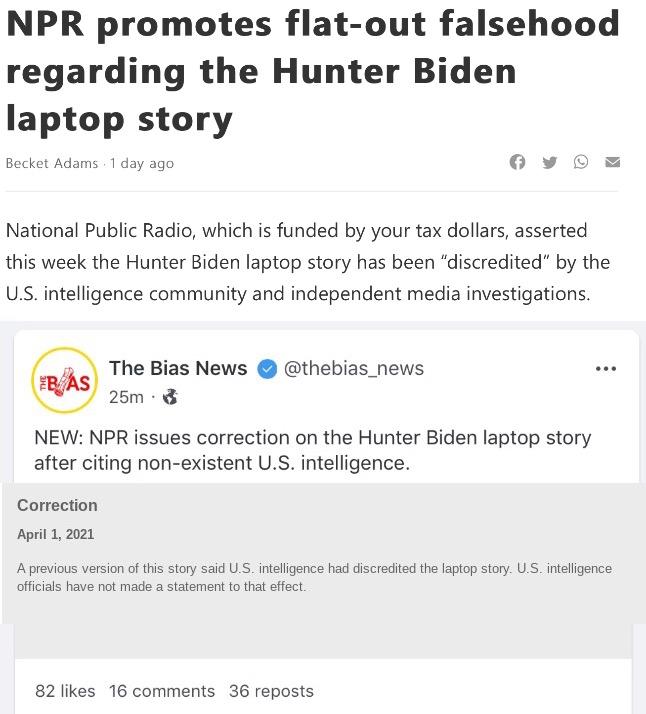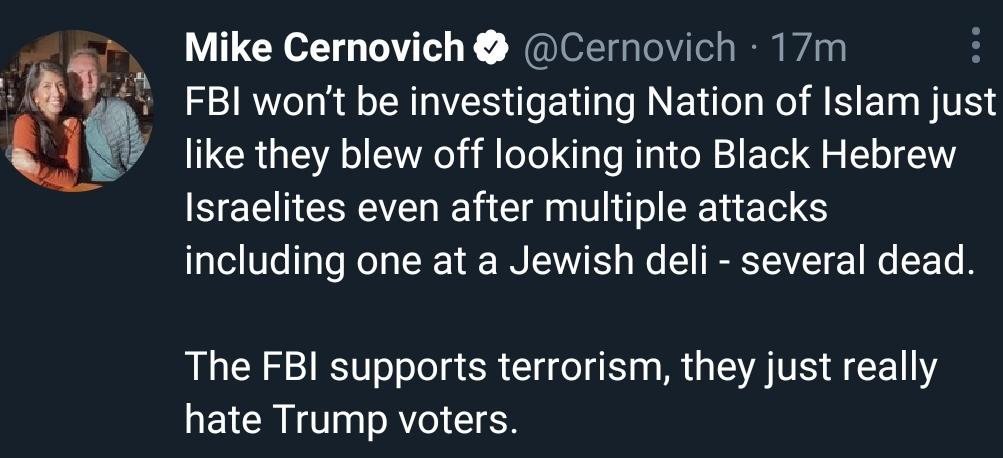The problem isn't an accident.First off - I don't disagree, in principle, with any of that.
The problem is, how do you propose to deal with the problem, for those who don't have strong communities? When do you not force care, vs deny a workable solution to those who are in the shit?
If those whose ethics or morals you don't agree with, fill the vacuum that is left by collective apathy towards someone's bad decisions, how do you compete with that? If you don't give a shit about someone who makes poor choices, but someone else pretends to, who wins, and who loses, collectively?
One of the oldest arguments in the Republic, has been whether or not it is the responsibility of government to protect/provide for its citizens. That argument, and the extent of its reach, will never end.
Why don't they have strong communities?
Forcing care plays into the hands of bigger government.
Competing with nanny state ideals, an ideal perpetuated by soccer moms/bleeding hearts,
is a obvious trap played by .gov.
Abuses of government actions/controls is what created the welfare system.
Doesn't mean it was within their power/constitutional means.
The reason it will never end is it creates a divide that can be exploited by those
lacking in ethics and morals.
I present government provided healthcare.
Wasn't a few years ago many understood that it wasn't a right.
Now many/most think it is.
All sold under the ethics/morals arguments.
R







